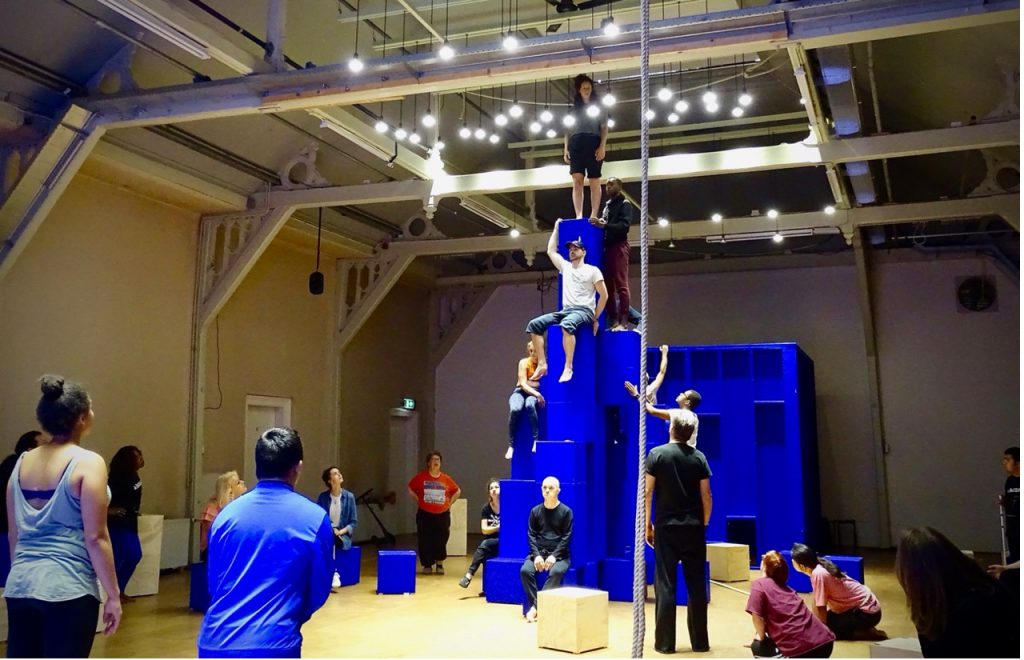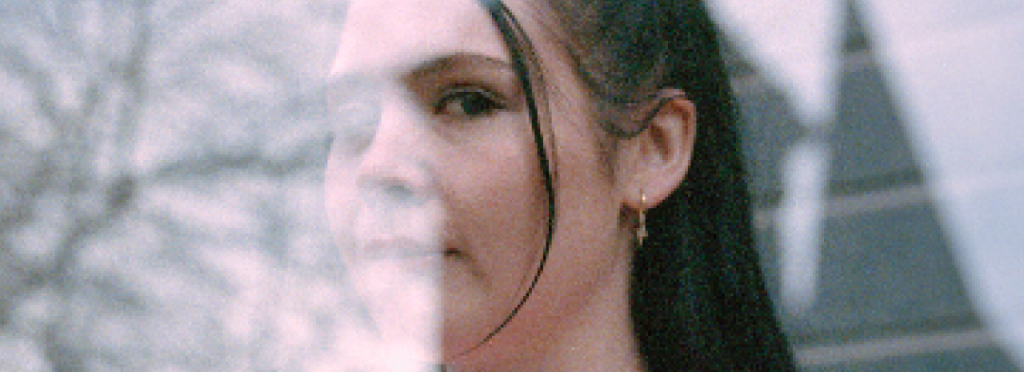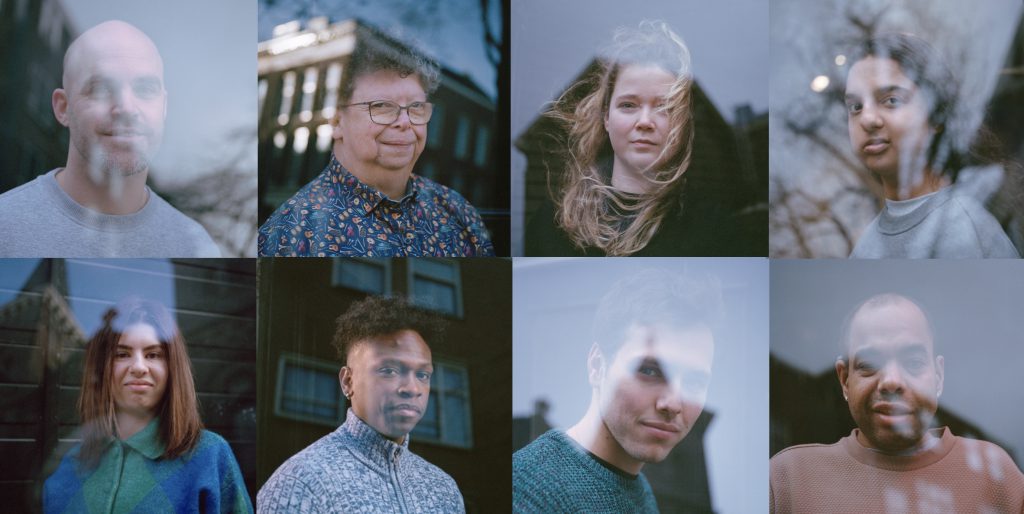Nieuws

vacature educatiemaker
We zoeken een educatiemaker, die onze theaterateliers op een toenemend aantal scholen een plek geeft. lees meer

vacature medewerker gastvrijheid
Ter ondersteuning van onze voorstellingen zoeken wij een medewerker gastvrijheid. Het gaat om maximaal 4,5 uur per voorstelling. lees meer

Vijftien spelers in het straatbeeld
Heb jij ons al zien hangen in Rotterdam? lees meer



